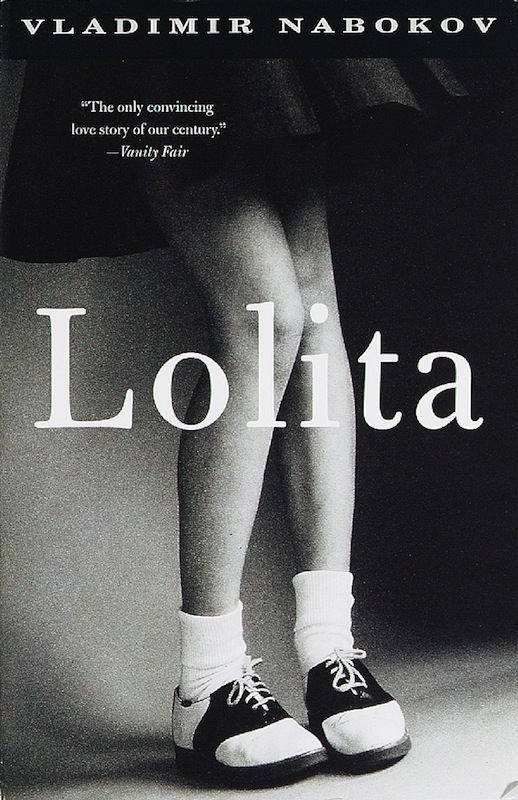
By the time Vladimir Nabokov’s Lolita was published in the United States on this day, Aug. 18, in 1958, the book wasn’t exactly new. As TIME reported in a long review of the work upon its American release, Nabokov had come to the U.S. during World War II with “intellectual luggage [that] included fragments of a book that later, published in Paris in 1955, became a must item of the contraband spice trade in which Henry Miller’s Tropics have bulked large.”
But the fact that it had been read, dissected and debated didn’t stop it from making a splash. That much was clear from the review:
Lolita is a major work of fiction; it is also a shocking book. Prefaced by a fictitious academic fathead who presents it as a message to “parents, social workers, [and] educators,” the book describes the transcontinental debauch of a twelve-year-old girl by a middle-aged monomaniac. As it turns out, the narrator is writing his apologia from a prison cell (he is to be tried for murder). As far as erotic detail is concerned, the book tells little that has not been dealt with in a lot of bestselling fiction; but where the sexy bestsellers talk about the sordid or tragic facts of life in staccato sociology, couch jargon or four-letter words, Lolita is the more shocking because it is both intensely lyrical and wildly funny. It is (in many of its pages) a Medusa’s head with trick paper snakes, and its punning comedy as well as its dark poetics will disappoint the smut hounds—a solemn breed.
Lolita, the critic concluded, wasn’t merely a book worthy of publication despite its subject matter—it was a work of literature with something to teach the world.
Nabokov himself, TIME added, had only a “writer’s interest in nymphets.” It was a different part of the Lolita plot that he had a real personal interest in: the journey from motel to motel. “I love motels,” he told the magazine. “I would like to have a chain of motels—made of marble. I would put one every ten minutes along the highway, and I would travel from one to another with my butterfly net.”
Read the full review here, in the TIME Vault: To the End of Night
Vlad the (Insect) Impaler: LIFE With Nabokov and His Butterflies
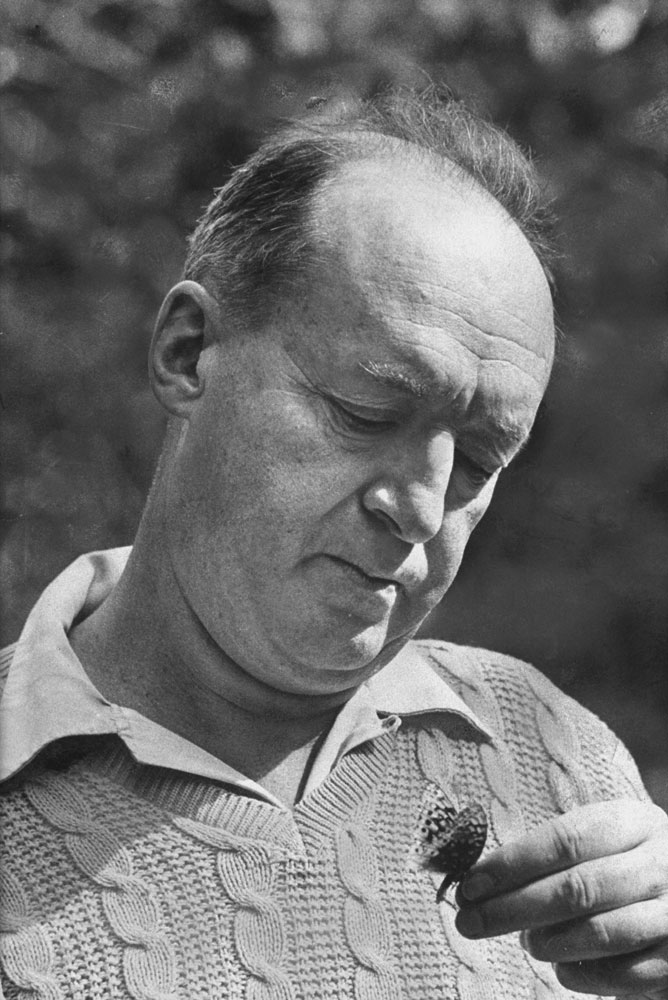

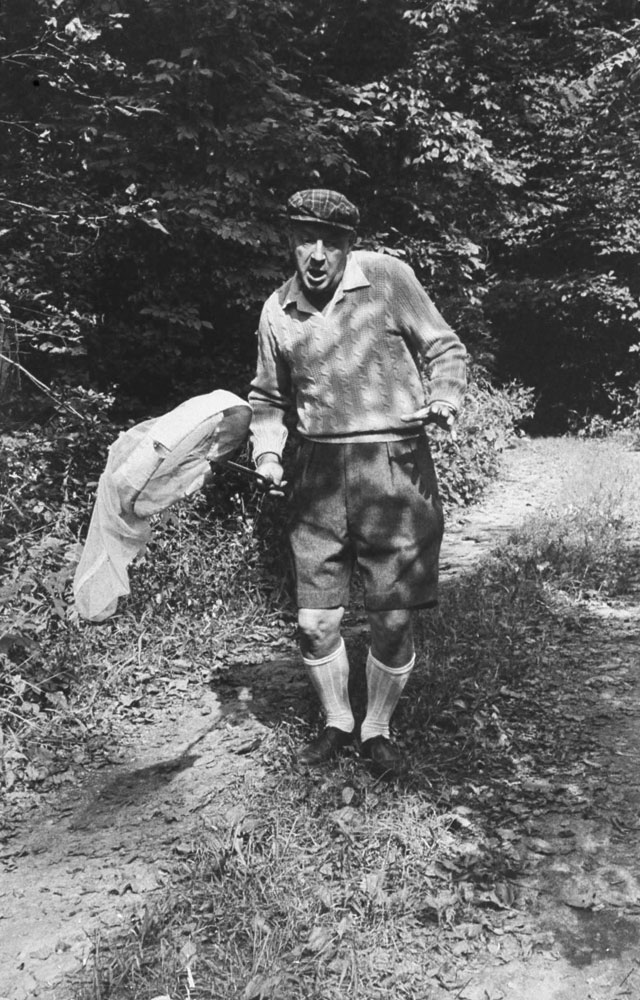

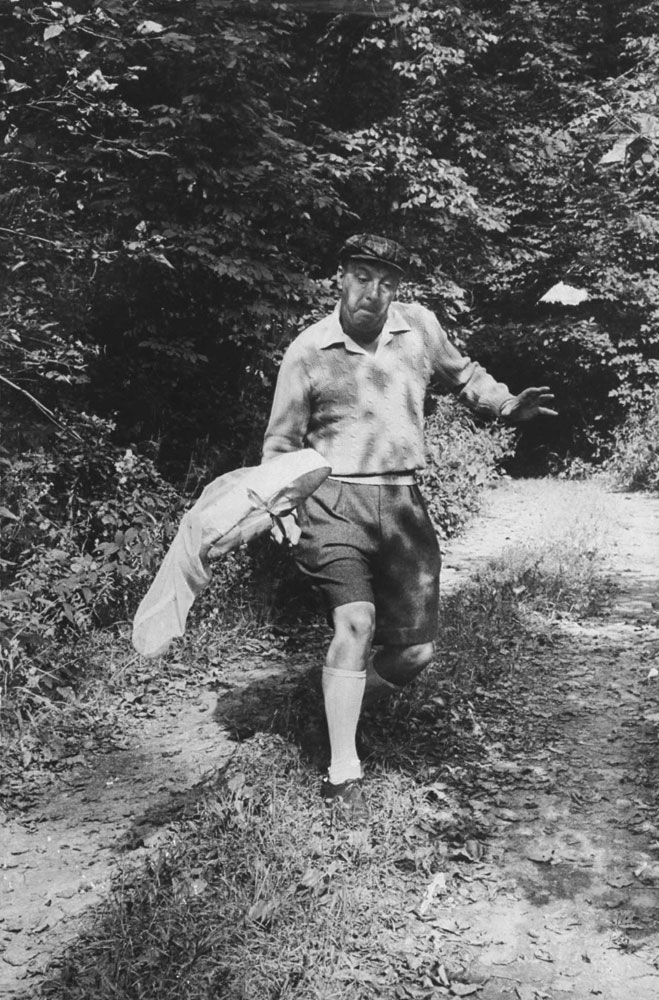

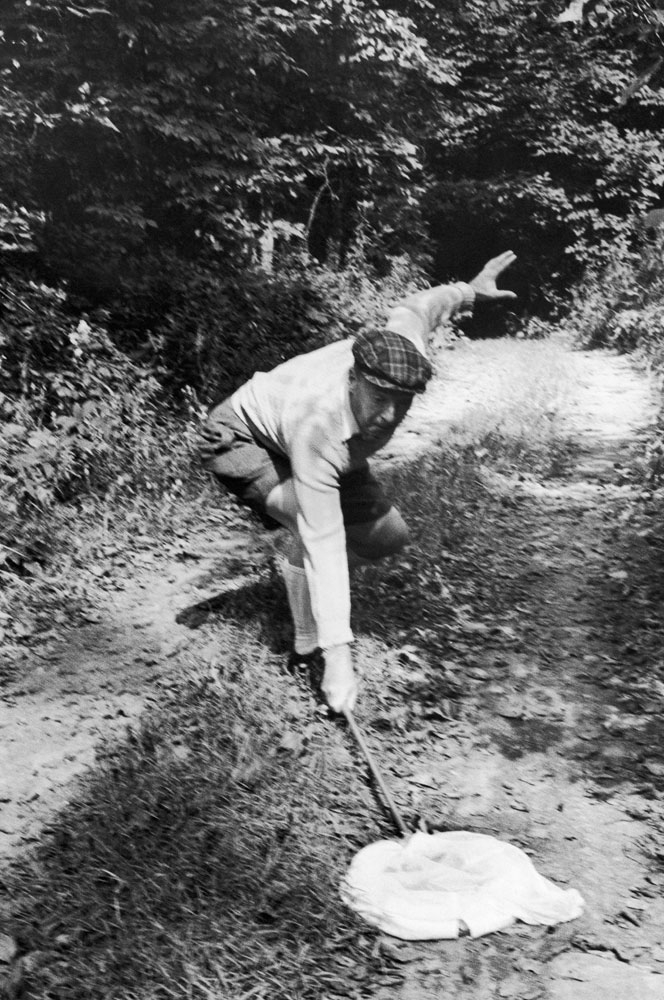

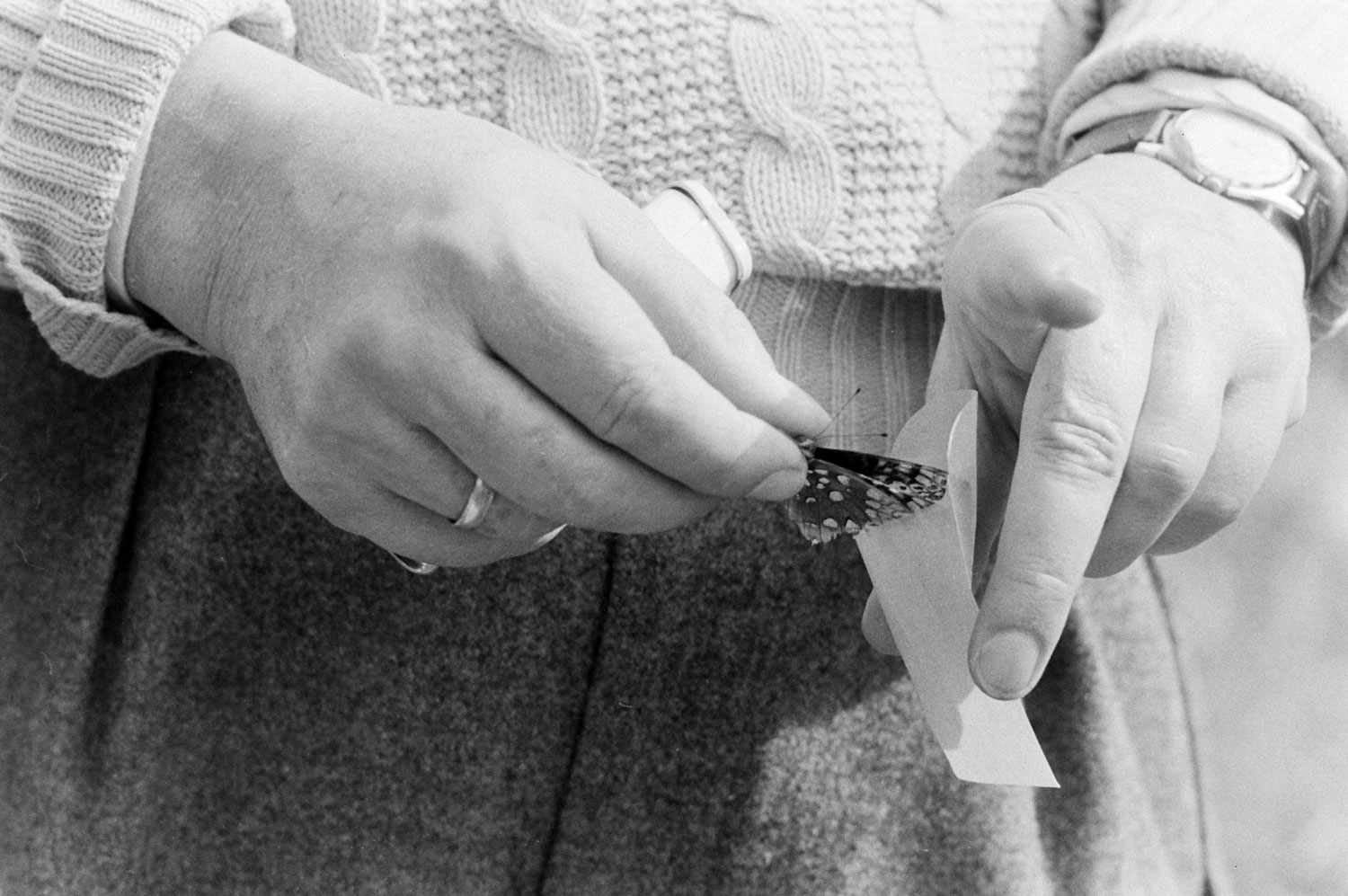


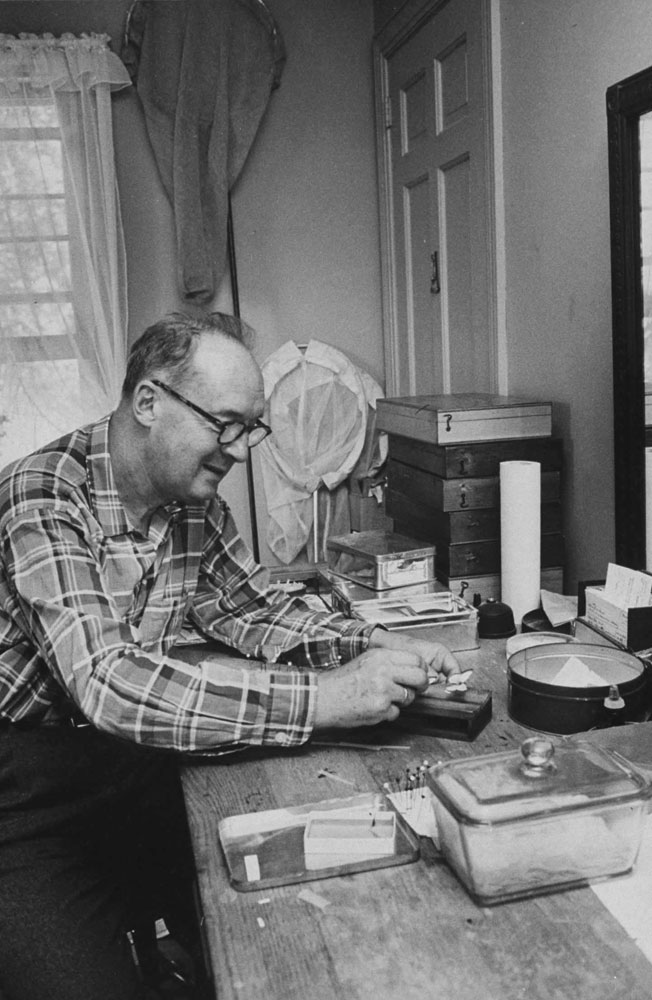

More Must-Reads from TIME
- Cybersecurity Experts Are Sounding the Alarm on DOGE
- Meet the 2025 Women of the Year
- The Harsh Truth About Disability Inclusion
- Why Do More Young Adults Have Cancer?
- Colman Domingo Leads With Radical Love
- How to Get Better at Doing Things Alone
- Michelle Zauner Stares Down the Darkness
Write to Lily Rothman at lily.rothman@time.com